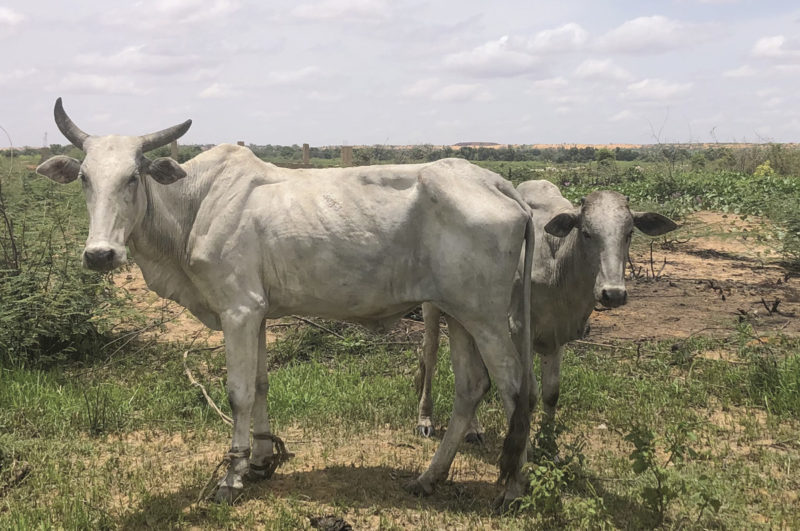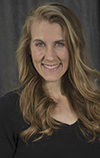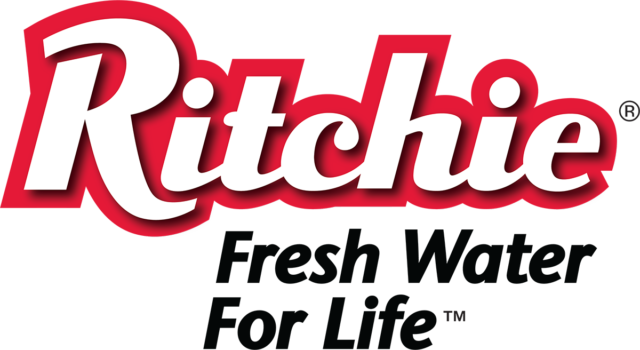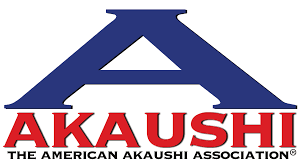When I was in high school, the Lord instilled in me His desire to see his kingdom flourish in every nation and set me on a path to share it through animal agriculture and veterinary medicine. Now, as a third-year vet student, that path is rich with opportunities to learn and witness what the Lord is doing in all the earth. This past summer, I spent seven weeks living in West Africa and experiencing the dramatic differences of life overseas and across cultures. To share a few …
Obviously, there was a difference in location as West Africa sits on the edge of the Sahara Desert, and that meant a pretty big difference in environment; let’s just say that the average American dairy cow enjoys better heat abatement strategies than the average West African! There were differences in language. In a place with five tribal languages, French was everyone’s second language for communication but nobody’s first language for comfort. There were massive differences in resources. City water doesn’t run all day long and the power shuts off just often enough to remind you that it’s a privilege, not a guarantee. There was a difference in wealth that extends beyond our American conceptualization in many ways – poverty is absolute, opportunities to change that are scarce and the will to overcome it is even more rare. There were differences in families, with many made up of a man, his one or two wives, and an average of seven kids per woman. There were differences in culture – the norms based on doing the right things and acting the right way all to be seen as “righteous” – primarily attributable to a difference in religion in a place where 99.7% of people practice Islam.
But some of the most interesting contrasts for me personally were in animal husbandry and veterinary care, as the caliber of medicine there is just a smidge different than what we practice here. To give an example, I recently completed an elective food animal surgery course. At the beginning of the course, we were each asked to propose a surgery we wanted to learn because it would be common in our future practices. The feedlot kids wanted to learn how to do a perineal urethrostomy, the cow-calf kids wanted C-sections, and some of the kids from stocker country wanted enucleations for pinkeye. I said I just wanted to learn how to take trash out of goats!
As I lived in such a foreign environment, imagine how sweet it was to find the few things that weren’t quite so different. For this farm girl, that was agriculture, and where I was, agriculture was everything. Maybe that’s because livestock run the streets and live in people’s homes with them, or because ag makes up 46% of the economy, but I think it’s mostly because there is a deep love for herding animals among people groups with rich histories as pastoralists, and, let me tell you, nothing wins their favor faster than asking about their cows!
I had the privilege of sitting and talking to a man at the head of a house church movement that is exploding across the country. Though today he loves Jesus fiercely and has given his life to planting churches, he grew up as most in his tribe do – as a Muslim, herding cattle. As we talked and I asked him a thousand questions about the challenges of raising cows in the desert, he shared that one of the hardest times is actually in the very short rainy season when the sudden flush of lush green forage is accompanied by sudden death from bloat in many of the cattle. He said the losses used to be significant until they figured out that if they fed their animals a certain type of leaf and stabbed a little hole in the tense part of their side, the bloat would go away and they would live. I told him I had to pay a lot of money to learn that kind of treatment in vet school!
The longer we sat there and talked, the more I realized that I had so much I could learn from this man. From a veterinary perspective, it’s easy to go into developing countries and want to just start teaching and passing out solutions. Don’t get me wrong, that comes from good intentions, and my greatest God-given passion in life is seeing human quality of life transformed through animal agriculture.
But if my time in other parts of the world has taught me anything, when I want to see transformation, I can’t start by teaching – I start by learning.
 Smith says the best way to connect with a producer is to ask him about his cows. Photo provided by Emily Smith.
Smith says the best way to connect with a producer is to ask him about his cows. Photo provided by Emily Smith.As my herdsman friend and I were talking about agriculture and Jesus, he showed me how these things are exactly the same with the gospel. We so often want to run in, gospel in hand, and start sharing. Just like in vet medicine, we want to share our best practices and cure-all drugs, and, sure, it can come with good intentions, but we all know that even the most well-intentioned shot of LA-200 ain’t going to cure the herd if the problem is starvation. You know what will? Sitting down long enough to understand the herdsman’s practices and challenges and resources – knowing him and his environment well enough to help him see how to change it. Cultivating a relationship and trust strong enough that he believes you when you show him how life can flourish.
Sharing Christ and sharing agriculture isn’t really different at all, and that’s not only true in West Africa. Maybe the most challenging part of coming home from half a world away is that the exact same opportunities to incorporate faith and agriculture exist in our corner of the world too. I think it’s easy to look at a “missions” context and start brainstorming ways to work the gospel into interactions with unreached groups of people, but do we do the same here? Do we as beef vets see after-hours calving calls as a chance to glorify the Lord through the work He’s placed in our hands? Do we as dairy vets see the average Tuesday herd check as an opportunity to deepen relationships with the herdsmen? Do we as students see each externship as the chance to carry the name of Christ to a new place?
Sharing our profession of veterinary medicine and sharing our profession of faith in Christ isn’t different at all, and that’s the kind of truth that transcends all kinds of cultural, systemic, contextual and religious differences. The Lord beautifully designed agriculture to prove His glory in all the earth, and it is a ridiculously sweet privilege that He gave so many of us a way to be a part of that. For me, that might someday mean working cattle in the desert of Africa, but for others it’s drylots in California and bermudagrass pastures in Alabama and rolling sandhills in Nebraska.
Genesis 1:26 (KJV) says, “And God said, Let us make man in our image, after our likeness: and let them have dominion over the fish of the sea, and over the fowl of the air, and over the cattle, and over all the earth, and over every creeping thing that creepeth upon the earth.” The Lord made all of the earth and every cow on it for His glory, and He gave it into our hands. Personally, I think maybe He gave those of us in ag a little more of it to hold, and I don’t want to miss the opportunity for the work of my hands to be His glory. There are a thousand differences in the details of individual stories across the world, but ultimately the things under the surface of environment and wealth and culture and medicine and agriculture are the same in all the world. Ultimately, the end of all things is the glory of the Lord, and how blessed are we to get to join Him in that?








